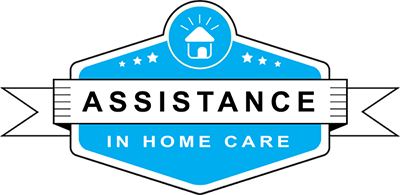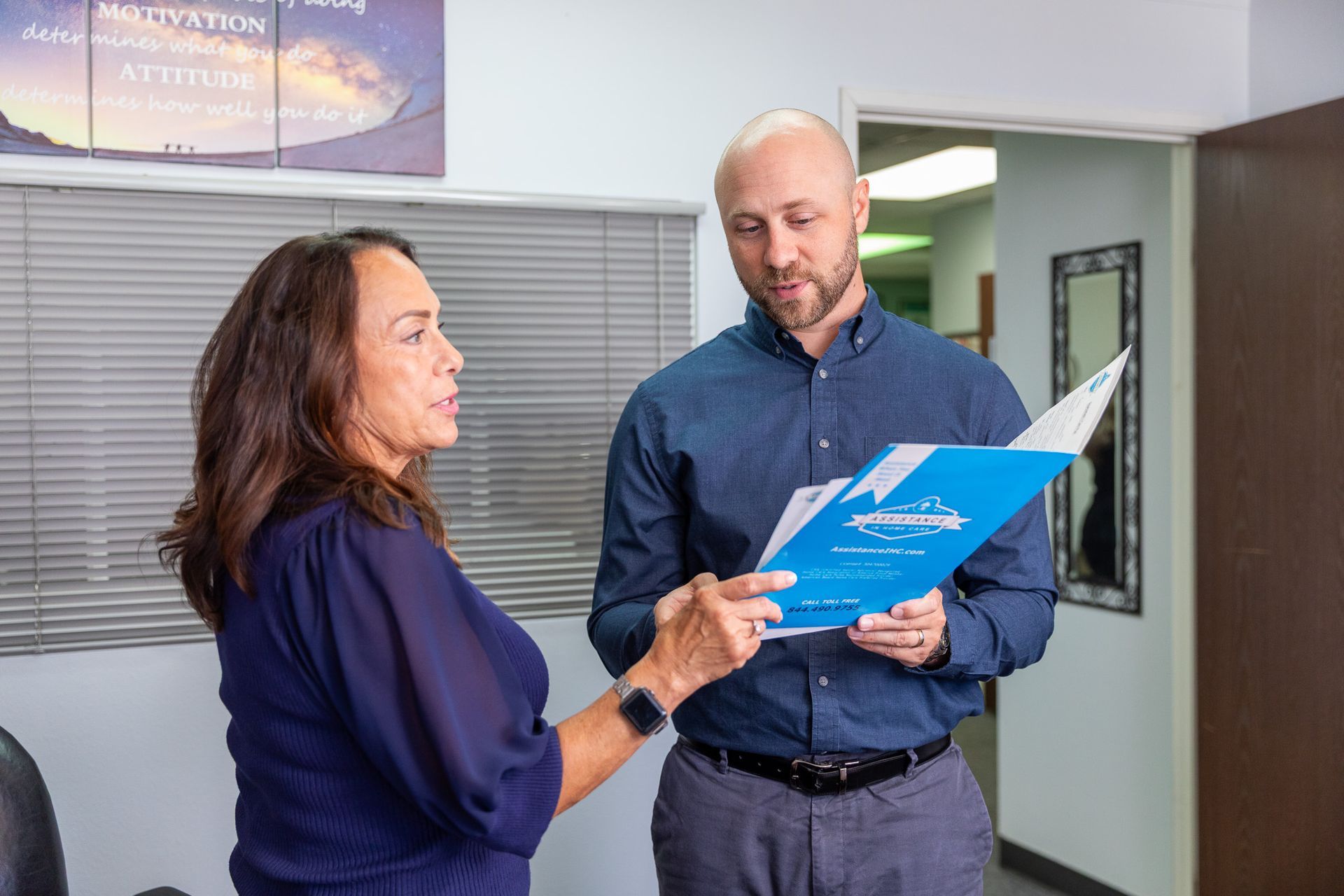Parkinson’s Awareness Day
Supporting Individuals with Parkinson’s Disease Through Awareness

Parkinson's Awareness Day is an annual event that takes place on April 11th. The day is dedicated to raising awareness about Parkinson's disease and its symptoms, as well as providing support for patients and their families. According to the Parkinson's Foundation, more than 10 million people worldwide are living with the disease.
What is Parkinson's Disease?
Parkinson's disease is a neurological disorder that affects movement. It develops gradually, and symptoms usually start on one side of the body. Early signs include tremor, or trembling, in the hand or finger; slowness of movement; and stiffness of the limbs and trunk. As the disease progresses, symptoms may spread to other parts of the body.
People with Parkinson's may also experience changes in speech and writing, as well as cognitive changes such as difficulty with memory or decision-making. There is no cure for Parkinson's disease, but there are treatments that can help manage symptoms and improve quality of life.
Who Is at Risk for Parkinson's Disease?
Parkinson's disease can affect people of any age, but it is most commonly diagnosed in people over the age of 60. Men are also slightly more likely than women to develop the condition. While the vast majority of cases are idiopathic—meaning there is no known cause—a small number of cases are caused by genetic mutations or exposure to toxins.
How Can I Support Someone Living with Parkinson's?
If you know someone living with Parkinson's disease, there are several ways you can show your support. First, educate yourself about the disease so that you can be a source of accurate information for your loved one. You can also help by providing practical assistance, such as helping with transportation or errands. Finally, simply being there to listen and offer emotional support can make a world of difference for someone living with this chronic condition.
How Is Parkinson's Disease Treated?
There is currently no cure for Parkinson's disease, but there are treatments that can help manage the symptoms. The most common symptom of Parkinson's disease is tremors or shaking, which usually begins in a limb on one side of the body. Other common symptoms include stiffness, slowness of movement, and difficulty with balance and coordination.
Medications can be used to help control some of these symptoms, but they often become less effective over time as the disease progresses. Surgery may also be an option for some people with advanced stages of the disease who do not respond well to medication. Deep brain stimulation (DBS) is a type of surgery that involves implanting electrodes in the brain to help control tremors and other movement problems associated with Parkinson's disease.
The Future of Parkinson’s
Parkinson's Awareness Day is an annual event that takes place on April 11th. The day is dedicated to raising awareness about Parkinson's disease and its symptoms, as well as providing support for patients and their families. According to the Parkinson's Foundation, more than 10 million people worldwide are living with the disease.
If you know someone living with Parkinson's disease, there are several ways you can show your support. First, educate yourself about the disease so that you can be a source of accurate information for your loved one. You can also help by providing practical assistance, such as helping with transportation or errands. Finally, simply being there to listen and offer emotional support can make a world of difference for someone living with this chronic condition.
Contact Assistance in Home Care Today
Count on us at Assistance in Home Care! You can be confident in the level of dedication and expertise our team provides to assist in caring for your loved ones. Our experienced caregivers know how to care for individuals with Parkinson’s Disease and other types of diagnoses. We understand that every individual and situation is unique and may require different solutions. Find out how our team can help serve your needs by
contacting us today!
Resources
https://jfkpdadvocate.com/the-parkinson-foundation-helpline/


